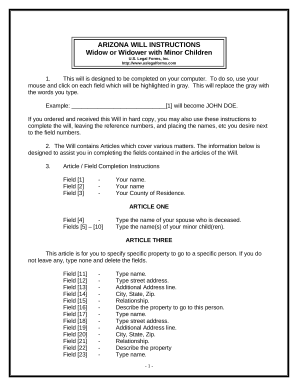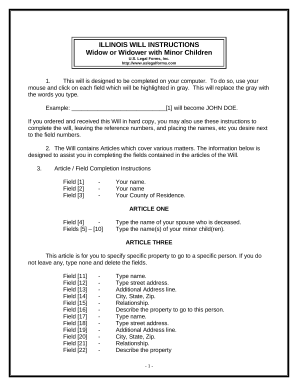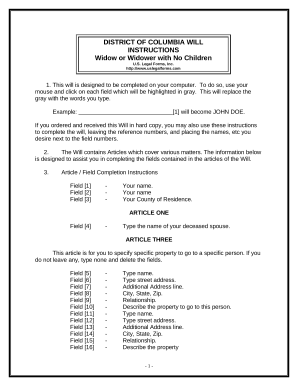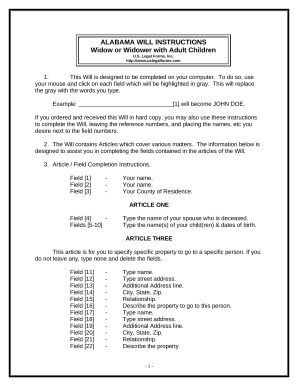





Document administration can stress you when you can’t discover all the forms you need. Luckily, with DocHub's extensive form collection, you can discover everything you need and quickly manage it without the need of switching among software. Get our Wills for Widows/Widowers and begin working with them.
Using our Wills for Widows/Widowers using these easy steps:
Try out DocHub and browse our Wills for Widows/Widowers category with ease. Get a free profile right now!